Jump-starting Tokyo’s startup economy
Tokyo aspires to become a major player in the global startup ecosystem. A two-pronged strategy based on hosting Asia’s largest startup conference and creating a central hub to foster Tokyo startups is already delivering results.
Seven of the world’s top ten most valuable companies began life as startups. The fact that all seven are based in the United States may explain why American stock markets now account for well over 60% of total global market capitalization. Economic value, though, is not the whole startup story; startups also create genuine social value. According to some estimates, high-growth startups are responsible for up to half of all gross job creation in the United States.
In other words, startups are an essential component of a thriving, future-proof economy. That’s a message that resonates particularly strongly in Japan, which since 1989 has sunk from No. 1 to a lowly No. 38 in the IMD World Competitiveness Rankings. And it was in a bid to make up ground with the rest of the world that Tokyo Metropolitan Government (TMG) unveiled “Global Innovation with STARTUPS,” a strategy designed to transform the Japanese capital into “the world’s most startup friendly city,” in November 2022.
“We’ve set ourselves some extremely ambitious KPIs based on the ‘10 x 10 x 10 Innovation Vision,’” says Nishigawa Tomonobu, a director of innovation strategy at TMG. “‘10 x 10 x 10’ means we want to increase the number of startups, the number of unicorns [unlisted startups valued at over US$1 billion], and the number of public-private collaboration projects in Tokyo by a factor of 10 within five years.”
40,000 people. 430 startups
Tokyo is looking to two key initiatives to achieve these bold goals. The first of these is SusHi Tech Tokyo—an abbreviation of Sustainable High City Tech Tokyo—an annual conference that brings together students, startups, investors, big corporations and city leaders from around the world to exchange ideas, forge cross-border connections and incubate the innovative new businesses which can make sustainable cities a reality.
“The challenges that cities face—whether climate change, energy or food supply—are the same the world over. The idea is to apply the technology and ideas of startups to solve those challenges and then use those solutions to improve people’s lives,” explains Miura Hiroyuki, a director at Tokyo’s Office for Startup and Global Financial City Strategy, who is personally in charge of SusHi Tech Tokyo.
The event has established itself as Asia’s biggest startup conference, with over 40,000 people from 82 countries and territories participating in the most recent SusHi Tech Tokyo in May 2024. Over 430 startups (60% of them from outside Japan) exhibited, over 630 VCs and investors attended, and over 3,000 meetings took place. One of the highlights of the conference was the pitch contest, which attracted over 500 applicants from 43 countries and territories. It was won by a Japanese company that uses fermentation technology to turn food waste into raw materials for the food and cosmetics industries, an innovative circular economy play.
Miura hopes to see SusHi Tech Tokyo 2025 set new records, especially when it comes to the number of overseas participants. This year the conference is going to be held in the same location, Tokyo Big Sight, but in a space 30% bigger than last year. An extra day has been added, during which the entire event will be open to the general public.
A global pitch contest and a panel discussion at SusHi Tech Tokyo 2024
One innovation node. 100,000 visitors.
SusHi Tech Tokyo is a once-a-year event designed to forge links between the startup ecosystem of Tokyo and other similar ecosystems worldwide. By contrast, the second pillar of Tokyo’s 10 x 10 x 10 Innovation Vision is a physical platform that operates year-round. Housed in a spacious building with groovy open-plan interiors in the central business district, Tokyo Innovation Base (TIB), which opened in November 2023, brings together VCs, accelerators, major companies, universities, students and local government to support startups at the pre-early stage.
Tokyo’s sheer size—Metropolitan Tokyo has a population of 14 million, the Greater Tokyo Area 37 million—brings challenges of its own. While in New York and London startups tend to congregate in one place—Silicon Alley or Silicon Roundabout, respectively—Tokyo has multiple independent startup ecosystems dispersed around the city. “If startups end up being limited to one geographic ecosystem, the scope of support they have access to is also limited,” Nishigawa, who is in charge of TIB, explains.
TIB is designed to connect all these separate ecosystems into a single big ecosystem that can drive the creation of more, bigger and better startups. Nishigawa characterizes it as a ‘node’—a place where multiple players can mingle freely, exchange ideas and supercharge their growth by accessing the many services on offer.
As well as meeting and event spaces, the services include mentored acceleration programs that go from devising business plans to fund raising; a workshop staffed by professional engineers with over 2,000 pieces of sophisticated machinery including laser cutters and 3D printers; and a shop where consumer-facing businesses can test-market their products to the public.
After one year of operation, TIB has acquired over 20,000 individual members and around 400 TIB Partners (organizations or corporations eager to work with entrepreneurs). It has also hosted almost 500 events, from pitch contests and student workshops to global conferences. Among the over 100,000 visitors to TIB were people from numerous other countries and territories, and there is a one-stop concierge service to assist foreign companies planning to establish or expand operations in Tokyo.
“I wouldn’t yet say it’s complete, but we’ve certainly made major progress in building a platform where startup ecosystem players from all over Tokyo, Japan and the rest of the world can come together,” says Nishigawa, reviewing TIB’s first 12 months.
Just like SusHi Tech Tokyo, TIB is also expanding in the face of growing demand. It recently started to host larger-scale events, such as the two-day Japan Summit of Plug and Play, the famous California-based innovation platform, which took place in late October.
Miura Hiroyuki (left) and Nishigawa Tomonobu (right) are both directors of innovation strategy at Tokyo Metropolitan Government.
Synergistic growth: Tokyo’s 10x innovation cycle
SusHi Tech Tokyo and TIB are designed to work synergistically together. In an ideal world, the scenario would go something like this: entrepreneurs attend SusHi Tech Tokyo where their attention is drawn to the most pressing societal challenges of the day; they then spend the following months at TIB figuring out how to address that challenge, before finally unveiling their innovative solution to the world at the next year’s conference. “Sushi Tech Tokyo and TIB are two wheels of the one vehicle. If they mesh properly, together they set a virtuous cycle in motion,” says Miura.
Japan currently ranks twelfth in the world for the number of unicorns. According to Crunchbase News, the country has 16 $1 billion companies versus 763 for the United States, 87 for India or 40 for Germany. Nonetheless, as the world's fourth largest economy with tremendous resources of capital, R&D and creativity, Japan has great underlying strengths it can call upon. Tokyo alone is home to more than 1,000 research institutions, over 100 universities and over 100 startup hubs.
In a sign of change, consulting company Startup Genome’s Global Startup Ecosystem Report 2024, which was published in June 2024, saw Tokyo jump five places, from No. 15 to No. 10, in the global startup ecosystem rankings. Tokyo Metropolitan Government’s efforts are starting to make a difference. It looks as though the virtuous cycle has started turning!
A year of Tokyo innovation milestones
In the last week of November 2024, various special events were held to mark the first anniversary of Tokyo Innovation Base (TIB). Among these was November 29’s Startup Ecosystem Summit 2024 where Koike Yuriko, Governor of Tokyo, delivered a speech, which is summarized below.
Every evening since February 2024, the facade of the Tokyo Metropolitan Government Building has been transformed into a showcase for the projection mapping of digital artworks. These displays have drawn hundreds of thousands of people into a plaza that was previously deserted after dark. Creating new things “from zero” in this way is what Japan and Tokyo need to do from a business perspective. And that is exactly what TIB is designed for. The hub has attracted over 100,000 visitors in its first year of operation.
Koike Yuriko has been working to build ties with startup communities by visiting startup hot spots from Abu Dhabi to Silicon Valley to support TIB’s mission to become a “node” for global innovation. Those international ties should only deepen this coming May when Tokyo hosts SusHi Tech Tokyo 2025. Scheduled keynote speakers include Audrey Tang, Taiwan’s Cyber Ambassador-at-large and first-ever Digital Minister (2016–2024), and Higashihara Toshiaki, the executive behind the revitalization of conglomerate Hitachi.
TIB and SusHi Tech Tokyo have taken a major step forward over the past year. In Tokyo's startup ecosystem, every incremental advance by the individual players contributes to a collective leap forward, propelling the city's startup community to new heights.
Produced for the Tokyo Metropolitan Government by Nikkei Asia


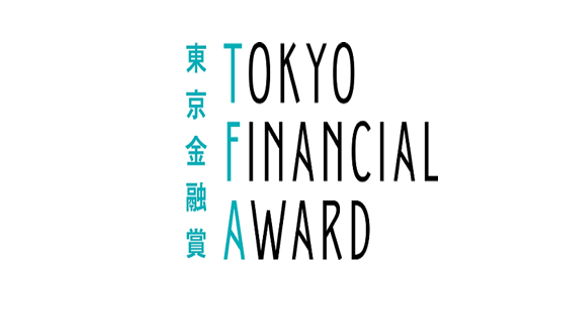
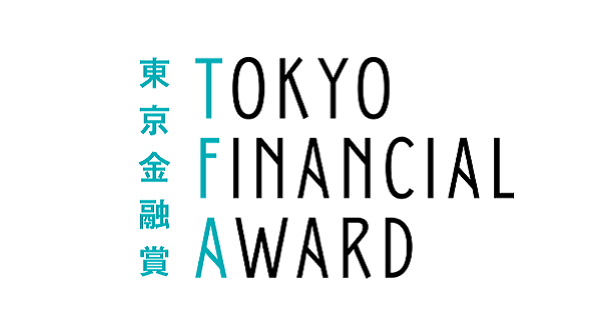
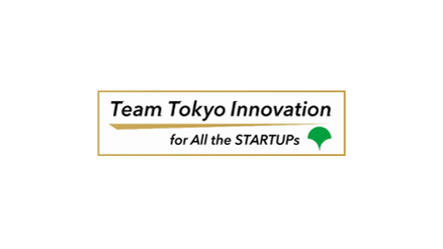
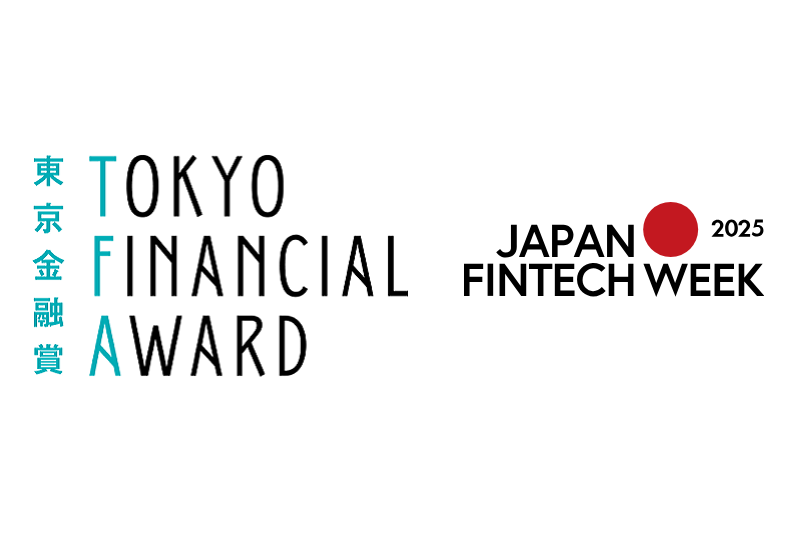
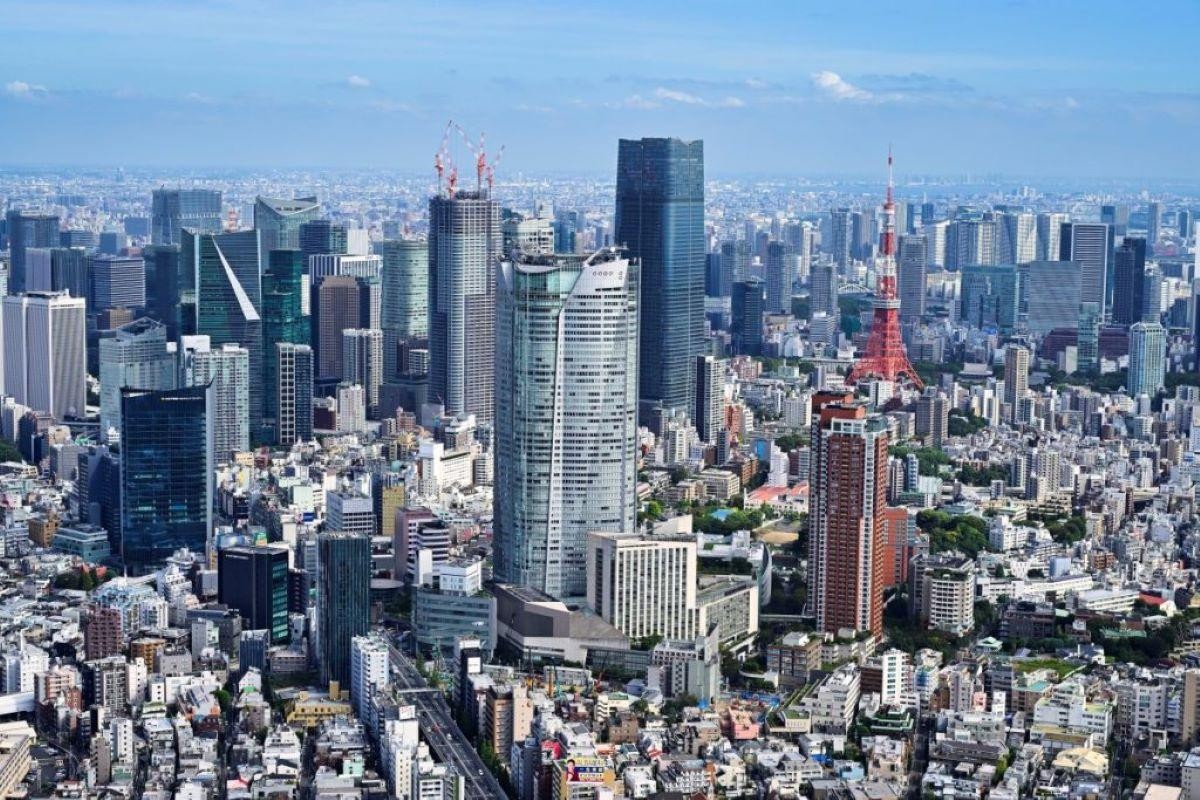
Recommended for You
Investing in a Clean Future: Venture Capitalists Looking to Tokyo
July 28, 2025
Govenor Koike Calls for Innovation at FII PRIORITY Asia Summit 2025
December 1, 2025
Tokyo Governor’s Mideast Tour Highlights Multi-City Resilience Efforts and Japanese Capital’s Global Presence
November 27, 2025
Startups Shining a Light on Tomorrow
April 30, 2025
Singaporean Startup Helps Patients Breathe Easy
August 8, 2025
Pioneering the Future of Tokyo's Startup Ecosystem Through Finance and Technology
September 24, 2025
Tokyo’s Global Vision: Startups Driving a Sustainable Future
March 25, 2025
Funding the Future: Japan's Women-First Startup Fund
November 24, 2025
Startup Revolution: How Tokyo is Pioneering the Future of Innovation
February 20, 2025
Engineering Safety from the Ground Up
December 5, 2025